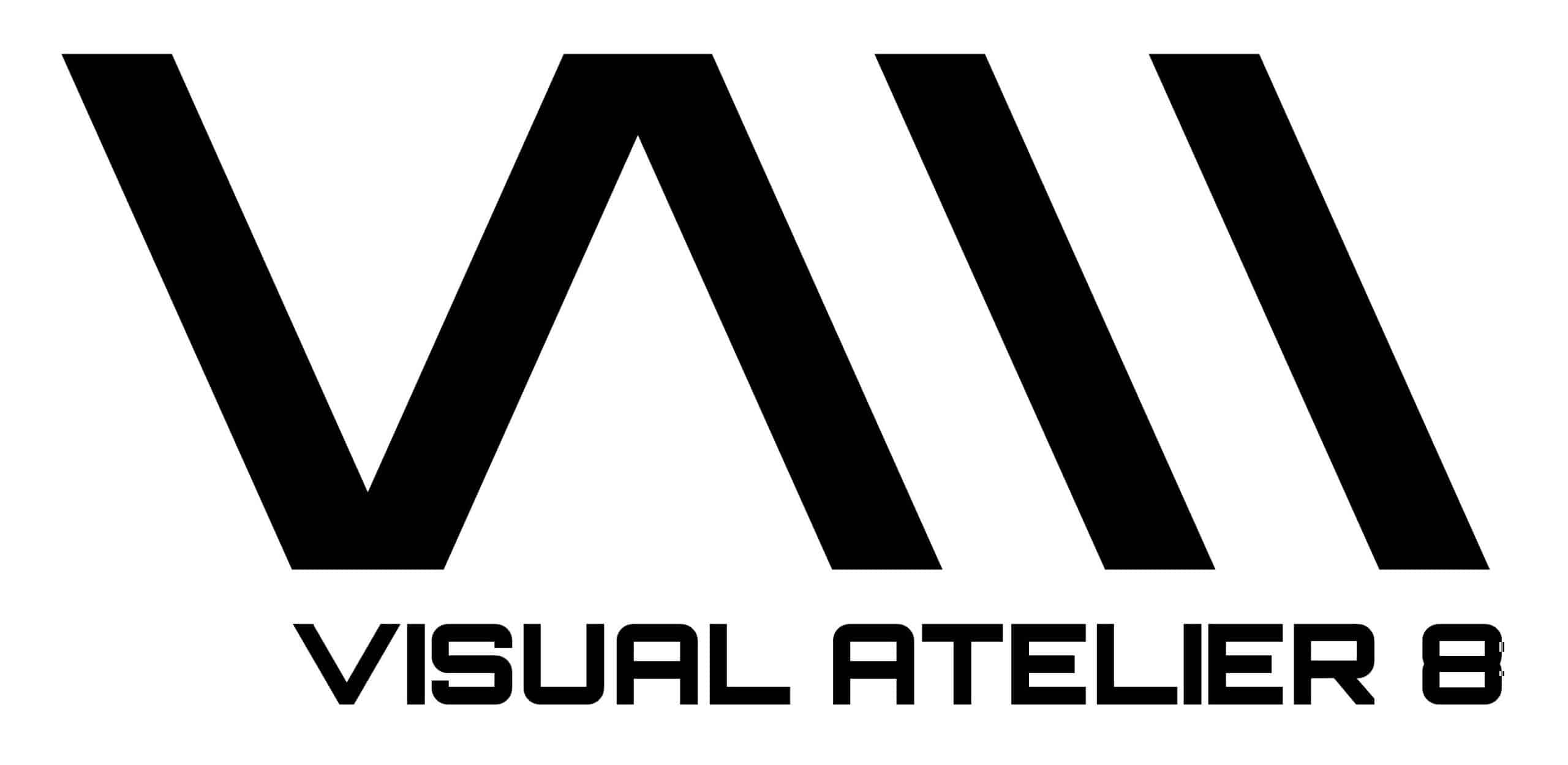Greetings Neels, it is a pleasure to be able to sit with you here to speak about all things Castillon. I have read that you grew up in Sardinia, how did the spirit of this region move you towards becoming the impeccably talented image maker that you are today?
Hello, it’s a pleasure to chat with you as well. I grew up in France but I used to go to Sardinia during the summer holidays to visit my family. I think I was inspired by my Italian family’s simple lifestyle and strong connection with nature.
Through your work, you have traveled to some very alluring and exquisite locations around the world, what, apart from its beauty and social advantages, made you choose Paris as your base?
I chose Paris mainly for the work, the cultural offerings, and the opportunity to meet other artists. I’m lucky enough to live in a nice neighborhood, without the metro-work-sleep routine, and have the chance to go abroad regularly which makes this city a very pleasant place to live.
It is rare to find film directors who have visions of producing new branches of aesthetic expression, but I feel as though this goal is one you have fulfilled. Please tell us about what you call visual poetry, and also why its heartbeat can be found across your various modes of working.
It’s hard for me to talk about my style because I approach all my projects in different ways, trying new things each time. So I find it amusing that people recognise my style. Obviously, I am sensitive to a certain type of image and staging which can be felt in my work. For me, visual poetry is when you create art which can be left open to the viewer’s interpretation.
Each person will feel different emotions while experiencing the same visual. I like that people can take ownership of my films and feel emotions which are personal to them. I also like it when someone is deeply touched by one of my films without knowing why. It’s like when you see a painting or hear a song and you are fascinated but you can’t really explain the reason. It’s a feeling I love, that I seek to create.
It seems that poetry is by today’s audience one of the classical arts that is enjoyed through song but underappreciated while written. What do you think it is about today that places such a heightened significance upon immediacy while overlooking the treasures attained through contemplation and critical thought?
I think reading books is generally underappreciated nowadays. There is such a vast quantity of content produced these days, you can spend days in front of a screen. However, the quantity of really interesting content doesn’t seem to me to be any greater than it used to be. You have to be picky and know what you enjoy to avoid being caught up in this constant stream of content.
For my part, I now turn down a lot of jobs in order to prioritise work that feels right for me. Even though it’s difficult in the current economic climate, it’s good to take your time to work on things that actually stand the test of time rather than go out of fashion. It’s important to ask yourself the right questions – taking the time to do this can add value to your work.
Your documentary type of work in monochrome is very photojournalistic, what do you understand about the human spirit that allows you to arouse both inspiration and sadness simultaneously? This is to ask, how have you become so well tuned in knowing how to move our emotions?
My monochromatic photographic work comes mostly from « Dimanche » my book on New Orleans and local musical culture. My dad was a guitarist and played a lot of blues, so it’s a sort of tribute to the culture I grew up with. It’s quite different from my usual visuals but it was a choice that I felt was appropriate for that particular project. When it comes to emotions, I never really think of the audience as it’s impossible to know what people are going to like. I rather try to find what touches me, and when I get to that it usually finds its audience.
You work with many other creatives yet produce the same heights through each unique team. What are some of the secrets you use in leadership and organization that ensure seamless outcomes?
I love collaborating with other creatives. I think the key is the enthusiasm for taking others forward with you. Then one of the secrets is to exchange references a lot and to really get to know people so you understand what they like and to surround yourself with people who share the same creative end goal as you.You have won numerous awards and are represented by the Ridley Scott Creative Group, which means that you are one of this generation’s greats. Please, if you could, give our budding audience one most important piece of advice for success as a filmmaker.
It’s a job where you have to spend your time convincing people to invest in your projects and accept your wildest ideas. It is this persuasive work which takes the most time and energy. No one is going to come looking for you to give you everything you want – it’s up to your to create the opportunities to move your projects forward. Surround yourself with a crew you love and try and create your own projects, even if you fail you’ll have learned something.
All information with courtesy of Neels Castillon

